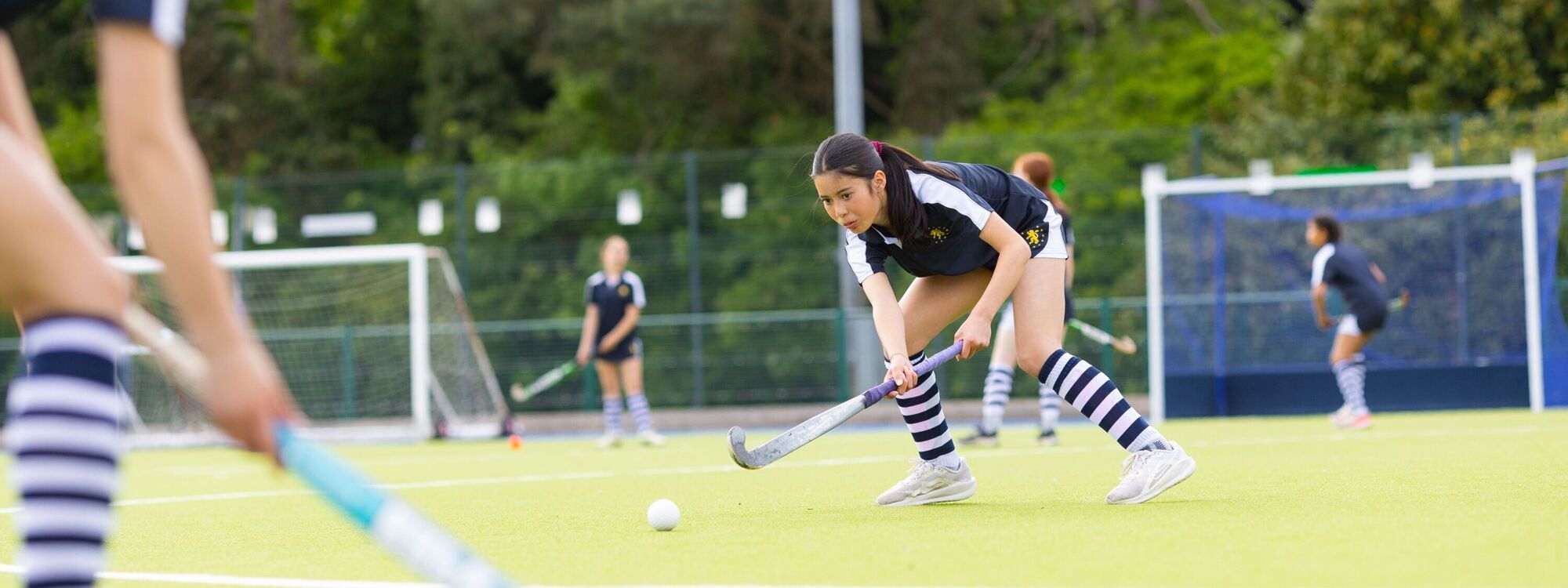- Home
- Curriculum
- Subject Areas
- PE
PE
There's a growing body of research that links physical activity to improvements in educational achievement.
That's because sport helps children develop character and to learn important social and brain skills such as problem-solving, resilience, perseverance, confidence and teamwork. Building positive attitudes to sport and physical activity in children from an early age can help them to feel more motivated, confident and able to get active throughout their life.
Intent
A high-quality physical education curriculum inspires all pupils to succeed and excel in competitive sport and other physically demanding activities.
It should provide opportunities for pupils to become physically confident in a way which supports their health and fitness. Opportunities to compete in sport and other activities build character and help to embed values such as fairness, care and respect.
We aim to ensure that all pupils:
-
develop competence to excel in a broad range of physical activities
-
are physically active for sustained periods of time
-
engage in competitive sports and activities
-
lead healthy, active lives
Implementation
During Key Stage 3 pupils will build on and embed the physical development and skills learned in key stages 1 and 2, become more competent, confident and expert in their techniques, and apply them across different sports and physical activities.
They will understand what makes a performance effective and how to apply these principles to their own and others’ work. They will develop the confidence and interest to get involved in exercise, sports and activities out of school and in later life, and understand and apply the long-term health benefits of physical activity.
At KS4, pupils will tackle complex and demanding physical activities. They will get involved in a range of activities that develops personal fitness and promotes an active, healthy lifestyle. At Hockerill we offer GCSE PE and are very proud of the level of uptake onto the course.
